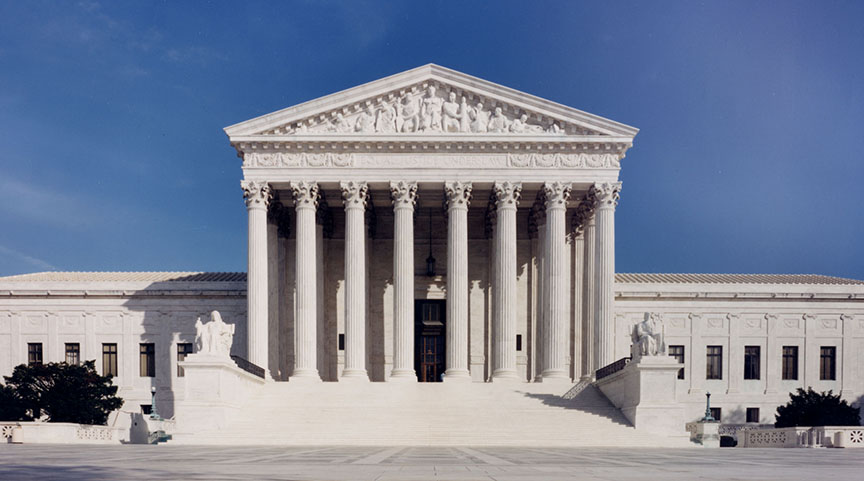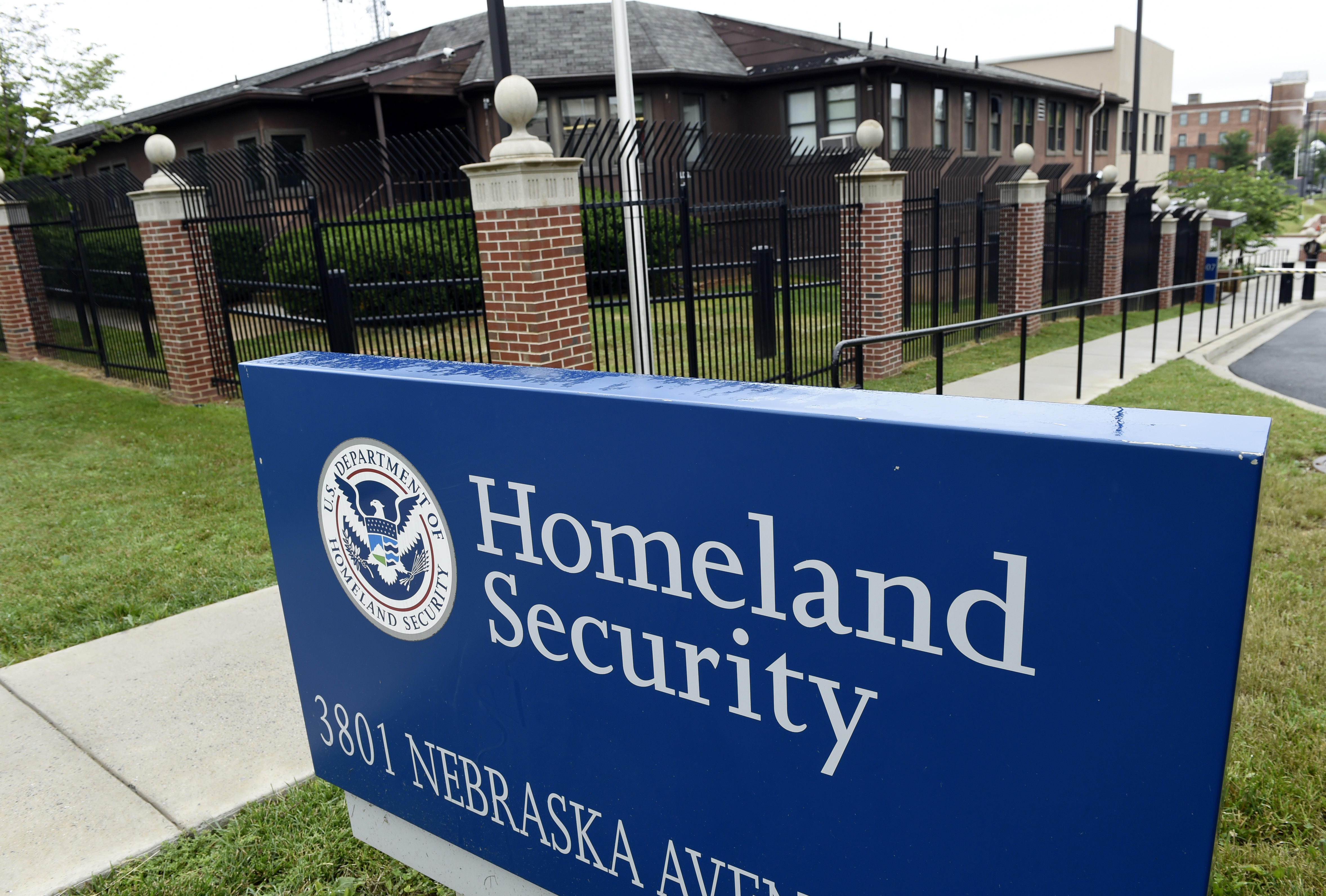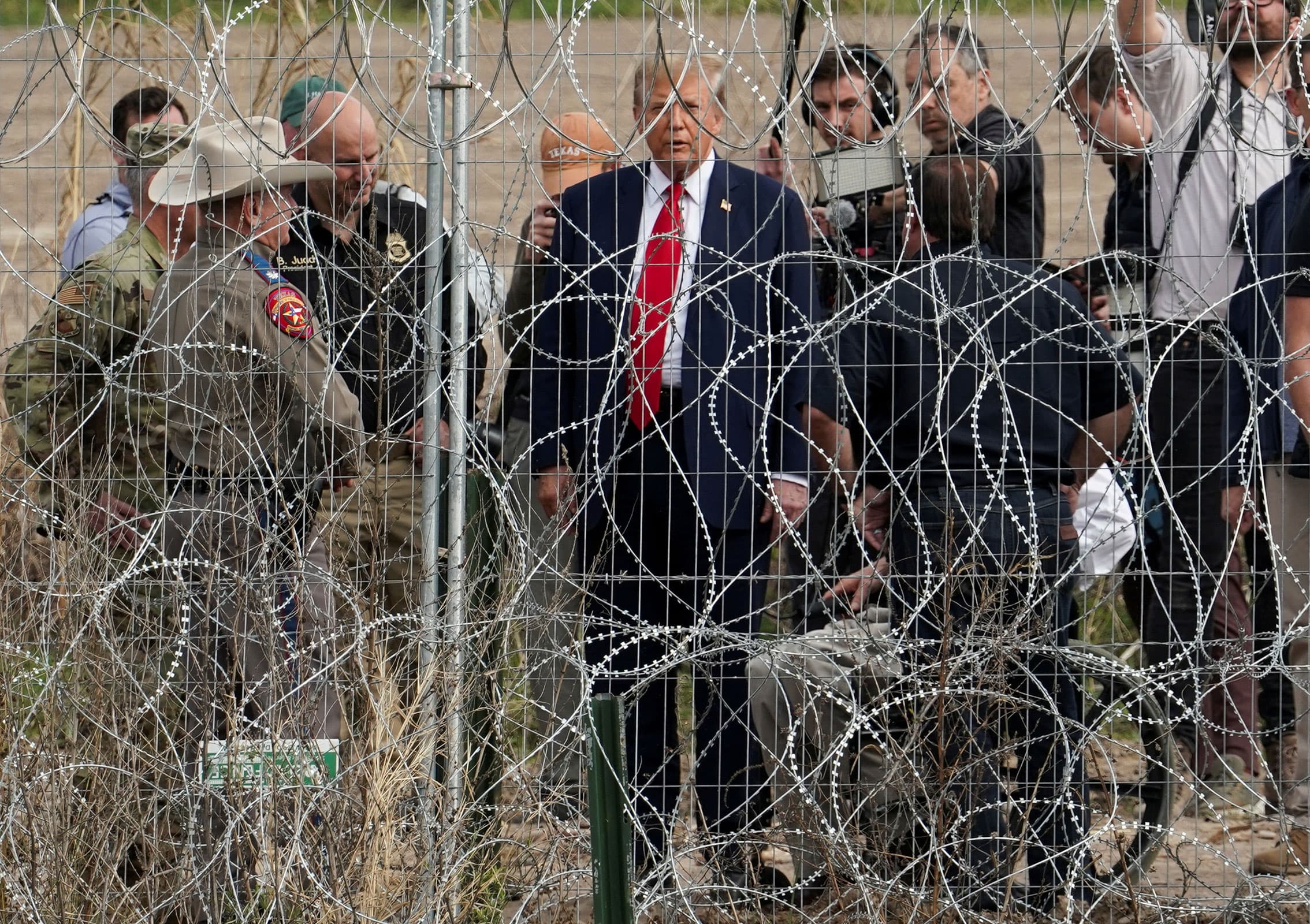The Trump administration has reached a shocking new low in its immigration policies, sending eight men to South Sudan, a country ravaged by conflict and instability. This unprecedented deportation flies in the face of civil rights norms and raises significant questions about the administration"s commitment to human rights.
Deportation Amid Legal Turmoil
On July 4, the Department of Homeland Security confirmed that the deportees, who include individuals from Cuba, Mexico, Laos, Myanmar, Sudan, and Vietnam, were flown to South Sudan after a protracted legal battle. These men, shackled and escorted by U.S. service members, were removed from the United States following convictions for serious crimes, including murder and sexual assault. However, none of them is a citizen of South Sudan, making this action not just inhumane, but a dangerous precedent for international human rights.
Supreme Court"s Role in the Crisis
The Supreme Court"s recent decision has been a significant enabler of this deportation. In a move that defies basic principles of due process, the Court allowed the Trump administration to bypass lower court rulings that mandated protections for detainees facing deportation to third countries. According to AP News, this ruling has effectively eliminated opportunities for these individuals to contest their removal, raising alarming concerns regarding their safety and legal rights.

The Supreme Court Building - Supreme Court of the United States
Human Rights Concerns Ignored
As reported by Trina Realmuto, an attorney for the National Immigration Litigation Alliance, the U.S. government"s own travel advisories warn against travel to South Sudan due to its instability and violence. Yet, the administration has chosen to deport these men to a country where the risk of torture and inhumane treatment is incredibly high. The lack of due process in this scenario is not just alarming; it"s a violation of fundamental human rights principles.
Political Victory for Trump
This action represents a significant political victory for the Trump administration, which has publicly sought to convince nations with questionable human rights records to accept deportees—regardless of their citizenship. Assistant DHS Secretary Tricia McLaughlin has touted this deportation as a triumph for national security. However, this rhetoric masks the administration"s blatant disregard for the safety and rights of individuals who have already served their time in the U.S. criminal justice system.

DHS has a program gathering domestic intelligence — and ...
The Legal System"s Failure
Throughout this ordeal, the legal system has shown alarming weaknesses. Federal judges were caught in a web of Supreme Court decisions that curtailed their ability to protect vulnerable detainees. Judge Randolph Moss expressed concern for the deportees" physical safety yet felt powerless to intervene meaningfully. The ruling illustrates a troubling trend in which the rights of immigrants are increasingly relegated to political maneuvering rather than grounded in constitutional protections. The precedents set by these cases will have lasting implications for future deportations and the treatment of immigrants in the U.S.
Trump"s administration has created a climate in which punitive measures against immigrants are justified under the guise of national security, further eroding the rights of those who are already marginalized. This deportation marks a severe shift in how the U.S. engages with international human rights, as well as how it treats individuals who have been part of its own legal system.

![[Video] Federal officers deploy sting balls and flash grenades at Whipple Building](/_next/image?url=%2Fapi%2Fimage%2Fthumbnails%2Fthumbnail-1768340555229-vhfcc-thumbnail.jpg&w=3840&q=75)
![[Video] Crowd-control weapons used in Minneapolis as anti-ICE protesters attack police vehicle](/_next/image?url=%2Fapi%2Fimage%2Fthumbnails%2Fthumbnail-1768336302231-akxf7s-thumbnail.jpg&w=3840&q=75)

![[Video] Protests erupt in Minneapolis after ICE detains teenager, multiple arrests made](/_next/image?url=%2Fapi%2Fimage%2Fthumbnails%2Fthumbnail-1768331835371-z9ylqg-thumbnail.jpg&w=3840&q=75)


![[Video] Gunfire between Iraqi security forces and Sadr militias in Baghdad](/_next/image?url=%2Fapi%2Fimage%2Fthumbnails%2Fthumbnail-1768343508874-4redb-thumbnail.jpg&w=3840&q=75)
